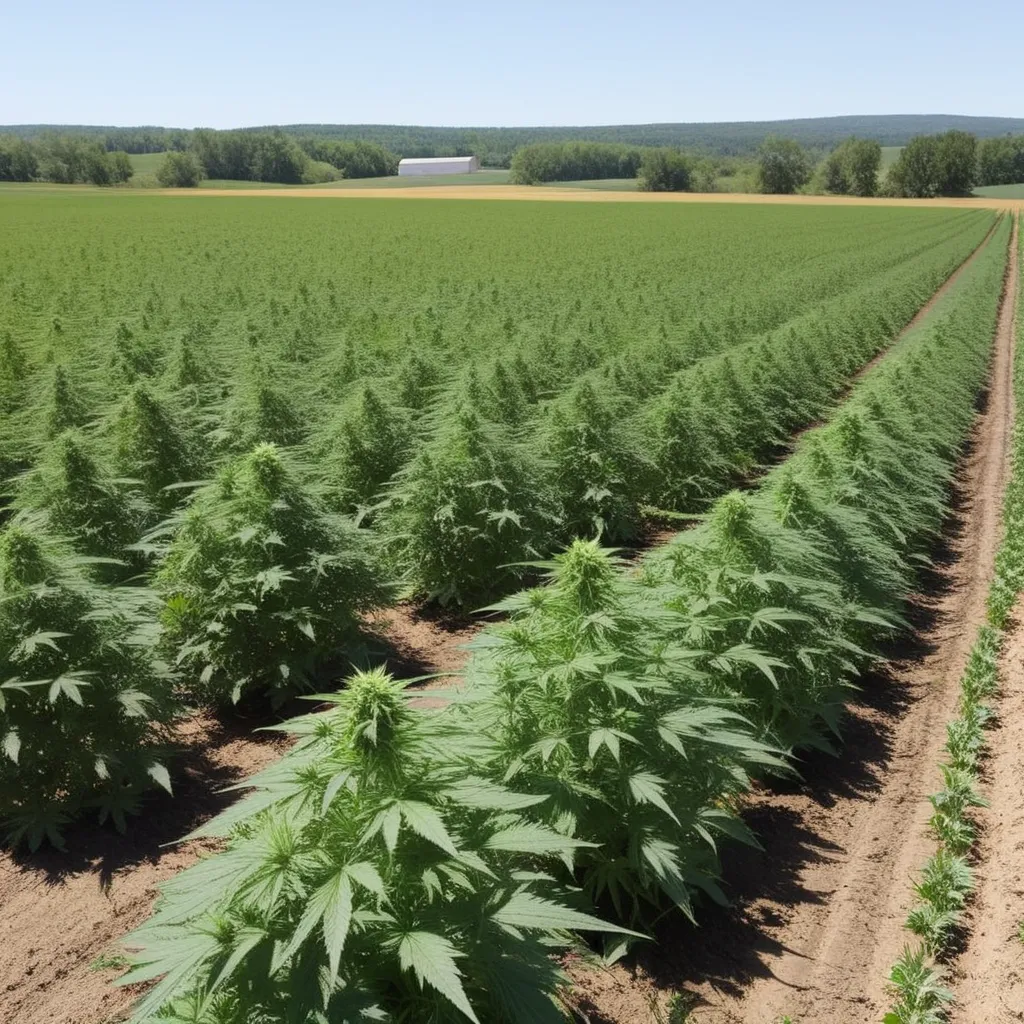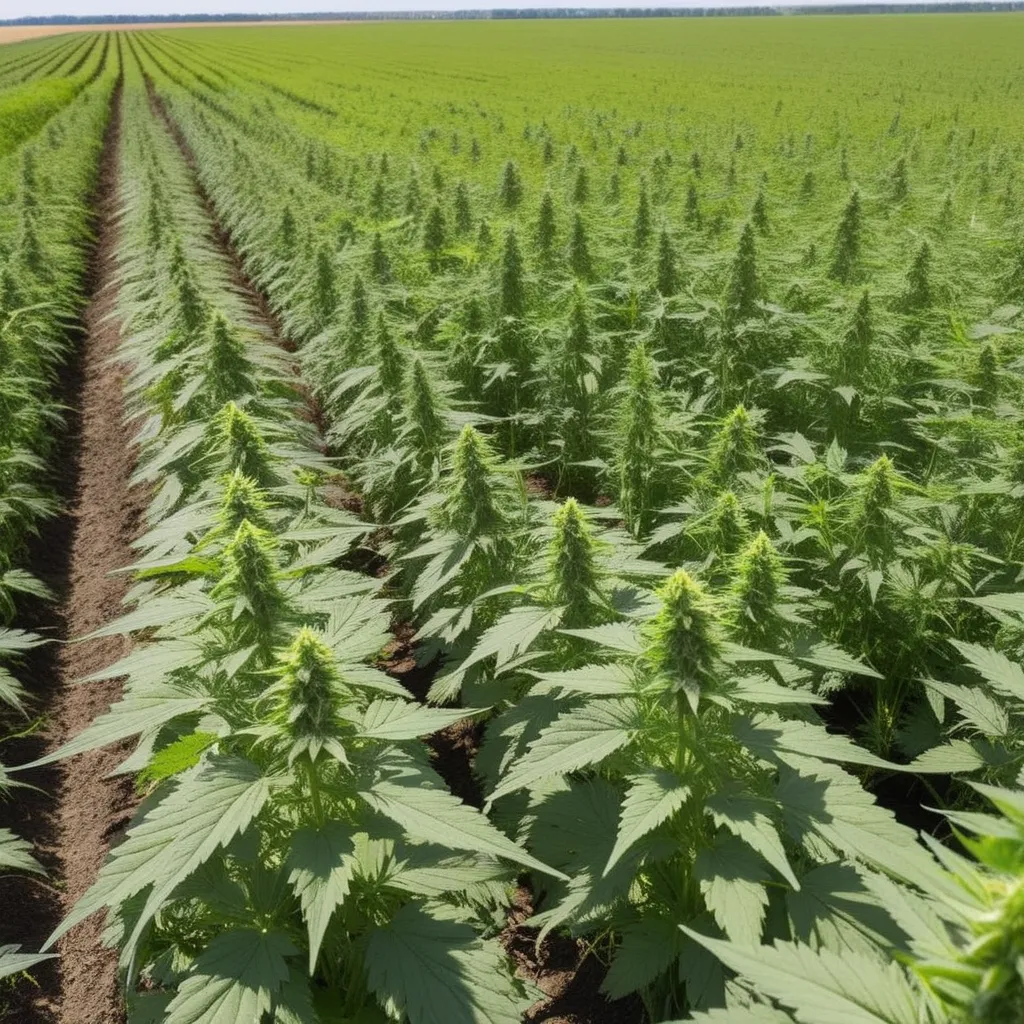Crop-damaging Weeds Spread Across U.S. Farmland
Crop-damaging weeds, such as kochia, are spreading across the northern plains and Midwest of the United States, indicating a growing resistance to herbicides. Major companies like Bayer and Corteva are struggling to develop new solutions to combat these resistant weeds.

In numerous cases, weeds are evolving resistance to multiple herbicides, posing a significant challenge to farmers. A Reuters investigation, involving interviews with farmers, scientists, weed specialists, and company executives, along with a review of academic papers since 2021, revealed that weeds like kochia, waterhemp, and giant ragweed are overtaking crops in states like North Dakota, Iowa, Wisconsin, and Minnesota due to the declining effectiveness of chemicals.
Over the last two decades, chemical companies have reduced their research and development spending, introducing fewer products. This trend, reported by AgbioInvestor, a UK-based firm analyzing the crop protection sector, raises concerns as farmers face increasing challenges from weed resistance, impacting grain and oilseed harvests amid inflation and climate-related extreme weather.
The International Survey of Herbicide Resistant Weeds, a global database maintained by scientists, records reduced effectiveness for glyphosate, a common herbicide, against 361 weed species globally. Of these, 180 impact crops like corn, soy, and sugar beets in the U.S. Dicamba, a major U.S. chemical introduced in 2017, faces resistance from 21 weed species globally.
Environmental groups advocate for natural weed-control methods, emphasizing the urgency of addressing the escalating weed problem. Kochia, known for spreading up to 30,000 seeds per plant, can reduce yields by up to 70% if not controlled, posing a severe threat to farmers.
Farmers in regions like North Dakota are grappling with resistant weeds like dicamba-resistant kochia, forcing them to resort to manual weed removal or risk using expensive machinery to clear fields. The challenge extends to major crop-producing states, heightening concerns among farmers about the future impact on food production.
Chemical producers Bayer, Corteva, and FMC attribute the delayed development of new products to longer regulatory processes and increased scrutiny regarding environmental and health impacts. The reduction in research and development spending, highlighted by AgbioInvestor, indicates a shift towards expanding the use of existing products like dicamba, glufosinate, and 2,4-D.

As a response, FMC plans to launch a new herbicide in 2026, representing the industry's first new mode of action in three decades. Similarly, Bayer aims to produce its first new mode of action herbicide in over 30 years by 2028. These efforts are critical to addressing weed resistance and ensuring food security.
Despite these initiatives, critics argue for a shift away from genetically engineered crops designed to tolerate herbicides, citing the negative impact on plant resistance. The ongoing struggle with weed resistance raises concerns about the sustainability of current agricultural practices and the need for innovative solutions to combat evolving challenges in crop protection.

No comments:
Post a Comment